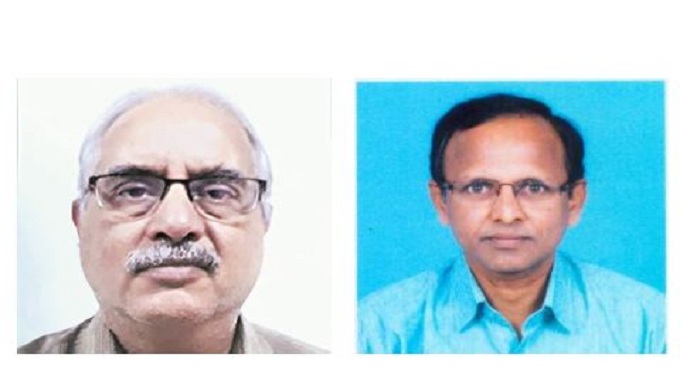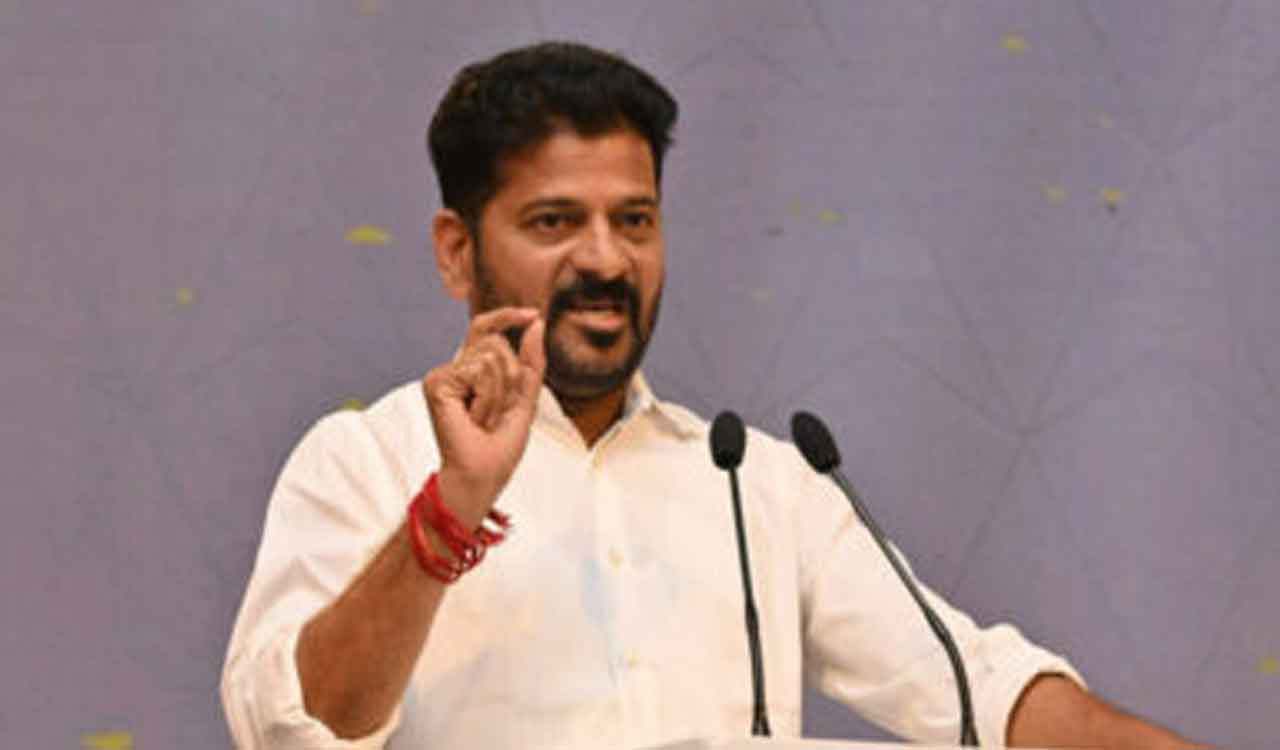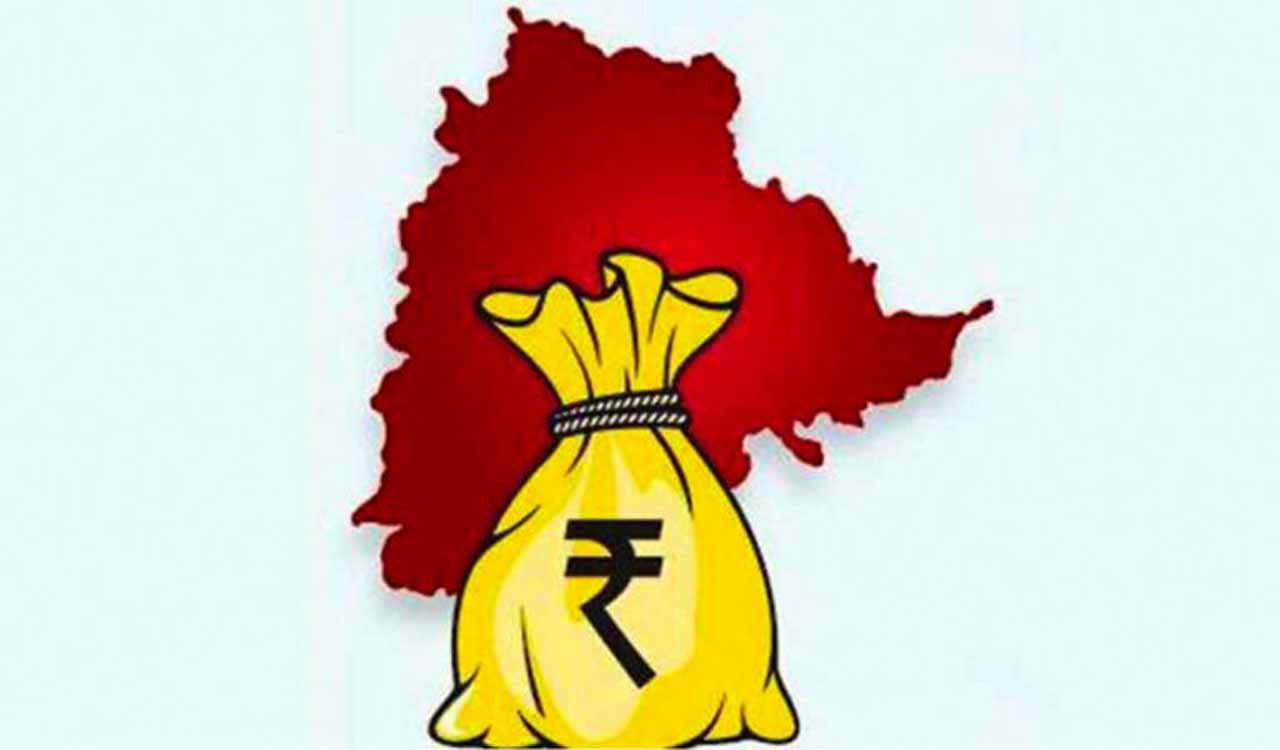Telangana must get its share of water
Telangana has suffered enough as a region and now, as a State, it deserves its rightful equitable allocation of river waters

Seven years ago, the Telangana government filed a complaint with the Union government under Section 3 of the Inter-State River Water Disputes Act, 1956, for referring its grievances to a water disputes tribunal.
The State kept pursuing the matter with the Union government in all possible ways. Finally, in October, 2020, in the 2nd Apex Council Meeting, the Minister for Jal Shakthi accepted the request of the Telangana Chief Minister to refer its complaint to a Tribunal. But so far, no action has been initiated.
Favouring Andhra
Since 1956 when the Telangana region was merged with the Andhra State against the wishes of its people and recommendations of the State Reorganisation Commission, the apathy of the Union government was clearly visible. For instance, in the early years of the merger, the Union government, which was supposed to take the initiative to continue the irrigation facilities for the Telangana region as planned by erstwhile Hyderabad State, did not act.
The Andhra Pradesh government accorded priority to the Andhra region at the cost of the Telangana region. At the time of the merger, the population of the Telangana region was 33% of the combined AP and Andhra region was 67%. Obviously, in a democracy, majority’s will prevails.
Further, as the law of the land provides for only the State governments to represent their States before the water dispute tribunals, the AP government represented the State before the Krishna Water Disputes Tribunals. It has blatantly given the least priority to water requirements of the Telangana region inside the Krishna basin. Instead, it focused on the Andhra region’s requirements outside the basin. Also, it has manifestly undermined the agreements signed by the erstwhile Hyderabad government, which favoured the Telangana region. KWDT-I had to allocate water based on such averments of AP and consensus among the then three-party States.
Even the KWDT-I award was cleverly violated by AP. For instance, while the inter-State Agreement signed by the riparian States contributing equally for a noble cause of providing 15 TMC per annum drinking water to Chennai, Andhra Pradesh enhanced the capacity of the head regulator and canals to 11,150 cusecs instead of the agreed 1,500 cusecs capacity canal (gradually it increased to 44,000 and is now going for more than 80,000 cusecs) and later named it as the Telugu Ganga Project.
Unfortunately, the Union government cleared the head regulator and canals in 1981 by unreasonably allocating return flows generated in Telangana to the Andhra region outside the basin. It acted simply on the submissions by the then AP government.
Tribunal for Telangana
Apart from many such earlier incidences of neglect by the Union government, while enacting the AP Reorganisation Act, 2014, the water issues of the Telangana region were not addressed. The existing Tribunal KWDT-II was extended through section-89 of the APRA Act, 2014, to adjudicate the sharing between Andhra Pradesh and Telangana, but the issues referred got very limited scope and do not have the ambit to address the long pending grievances of Telangana. Hence, immediately after the formation of the State, the Telangana government filed a complaint with the Union government to refer its grievances to a Tribunal.
Since the Union government did not act within the stipulated one year, Telangana filed a writ petition before the Supreme Court in 2015. Here it is pertinent to mention that in 2014, the Ministry of Law and Justice opined in favour of referring the complaint of Telangana to a Tribunal which has not happened till date.
Meanwhile, during the hearing of Telangana’s writ petition, the Union government submitted an affidavit that the allocation already made by the Tribunals to the States of Maharashtra and Karnataka shall not be disturbed. But, it is clear from the affidavit that the Union government did not say anything against referring Telangana’s section 3 complaint to a Tribunal.

Limited Scope
From the Union government’s correspondence with various stakeholders and its affidavit before the Supreme Court and the orders of KWDT-II pronounced in October 2016, it is clear that the KWDT-II is not going to review the allocations already made to Maharashtra and Karnataka. Hence, it becomes obvious that the extended Tribunal would be (or if a new Tribunal is constituted also) dealing with the adjudication between Telangana and Andhra Pradesh only, out of the allocations made by KWDT-I & II to erstwhile Andhra Pradesh.
It is pertinent to know that the Tribunal extended under Section 89 of APRA, 2014, has limited scope of adjudication of water allocation and it is not a review Tribunal. Hence, the Telangana government chose to file the said complaint.
KRMB Project Jurisdiction
Keeping all these in view, in 2018, the Telangana government wrote to the Union government to limit the scope of its complaint under Section 3 of ISRWD Act, 1956, between Telangana and Andhra Pradesh only and refer it to the existing Tribunal or a new Tribunal.
Ironically, while keeping the Section 3 complaint pending, the Union government eagerly wants to notify the jurisdiction of the projects under Krishna River Management Board based on the June 2015 agreement between AP and Telangana, which was only an ad hoc water-sharing arrangement for one year. In fact, without finalisation of adjudication of shares between AP and TS by the present KWDT-II or a new Tribunal to be constituted, how can KRMB monitor the regulation?
Telangana has suffered enough as a region and now, as a State, it deserves its rightful equitable allocation of river waters. The Union government must heed the grievances of its constituent federal units.
(The authors are representatives of Telangana Engineers JAC)
Related News
-
Pan masala ad case: Rajasthan panel blocks non-bailable warrant against Salman Khan
1 hour ago -
Seone Mendez leads Hyderabad Superstars’ charge in World Pickleball League
1 hour ago -
Bengal fight back late against Andhra in Ranji Trophy quarterfinal
2 hours ago -
Rudrankksh Patil wins gold in Asian Championship men’s 10m air rifle
2 hours ago -
Aadrash Ram wins bronze in Asian Indoor Athletics Championships
2 hours ago -
England beat India by nine wickets to win Mixed Disability T20I series 4-1
2 hours ago -
India aim to defend T20 World Cup title as tournament begins in Colombo
2 hours ago -
Injury rules out Harshit Rana, Mohd Siraj joins India’s T-20 squad
2 hours ago




